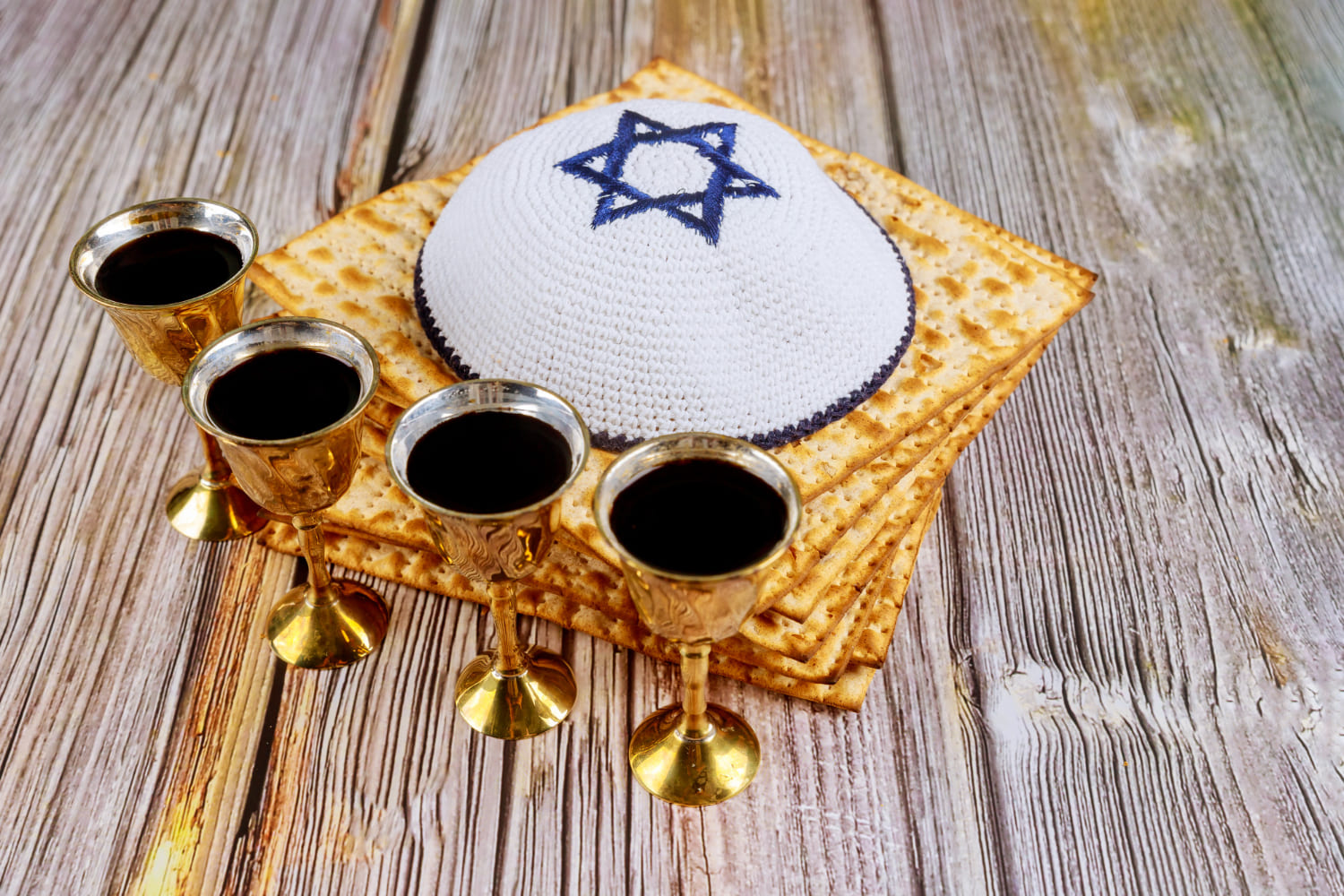If you’re just looking for a short and quick answer, then look no further. Yes, people who practice the Jewish faith do, in fact, fast.
But the when and why are a much more complicated answer.
In total, practitioners of Judaism fast for six days a year, and those dates can be broken up between what is referred to as “Major Fasts” and “Minor Fasts”.
These varying fasts play a vital role in the practice of the Jewish faith and are a beautiful way for practitioners to commemorate impactful moments throughout their history.
In this article, we’ll discuss the difference between major and minor fasts, why observing Jews fast, when they fast, and exactly what it entails within the Jewish community.
Major vs. Minor Fasts
Of the six days of fasting, two are Major fasts, and the remaining four are minor. A Major fast occurs from sundown the prior evening for approximately 24 hours until sundown the following day. While a minor fast is only from sunup to sundown on the day of observance.
When do Jews fast?
Before we dive into hard dates for when the fasts occur, it’s important to note that the utilization of the Jewish Calendar causes a few fluctuations when compared to the popular Gregorian Calendar.
The Gregorian calendar utilizes 30-day months alternating with months of 31, whereas the Jewish calendar uses months of 29, alternating with 30 days.
That means the dates for when the fasts occur compared to the Gregorian calendar can fluctuate between months. So, I will be using the months the time period I’m referencing spans when describing them.
The first of the major fasts, and the one you’re the most likely to be familiar with, is the one associated with Yom Kippur.
It occurs eight days after the Jewish New Year and takes place in the Jewish month of Tishrei (September/October). The other major fast occurs in Av (July/August), and is known as Tisha b’Av.
Now onto the minor fasts. The first is the Fast of Gedaliah, which also occurs in Tishrei.
This is followed by the Asara d’Tevet in the month of Tevet (December/January), the Fast of Ester occurring in Adar (March – April), and ending with the Seventeenth of Tammuz, which aligns with the Gregorian month of July.
Why do they fast?
Both the Asara d’Tevet and the Seventeenth of Tammuz commemorate the dates where sacred, Jewish temples were desecrated.
They fast during these two days to show honor and commemorate the horrors that befell their people during these times.
The Fast of Gedaliah is to remember the violent death of Gedaliah, who was a governor that led his people for a brief time after the destruction of the First Temple.
The Fast of Ester commemorates the three-day fast undergone by Queen Ester before meeting with the Queen. And occurs the day before Prium, to demonstrate piousness prior to celebration.
The observance of the two major fasts are a little more in-depth. For Yom Kippur, it is used as a “Day of Attonement” and is the only fast that does not commemorate a disaster or calamity for the Jewish faith.
Instead, it is used to ask forgiveness for their own sins as well as the sins of others, and to show piousness through forgoing food, drink, and all luxuries.
Finally, we arrive at Tisha b’Av to commemorate the destruction of the Holy Temple, in Jerusalem.
While the theme of Tisha b’Av can often be sorrowful due to the atrocities it reflects upon, it is often a beacon of hope for redemption.
What does fasting entail?
I’m sure you’re aware that by nature, fasting entails abstaining from food for a designated period of time.
However, when it comes to fasting within the Jewish faith, it goes a step further to include all drinks, including water.
It also isn’t relegated to the water you drink but includes water used to brush your teeth or take medication.
For Orthodox Jews, there is really no deviation from that rule, except for emergencies. And many take it steps further and abstain from all luxuries and entertainment during the time of the fast.
However, Reform Jews take a slightly more liberal approach. If you find yourself lightheaded during the fast and cannot get it to pass, they will allow a small amount of water and food to be consumed. And, they operate within a customizable spectrum of which luxuries are cut off during this time frame.
Conclusion
Fasting is a beautiful way for many people of the Jewish faith to practice atonement, give penance, and reflect upon the atrocities that have befallen them.
It is a deeply personal practice that is handled with reverence and is something many more in the world could benefit from learning about.







